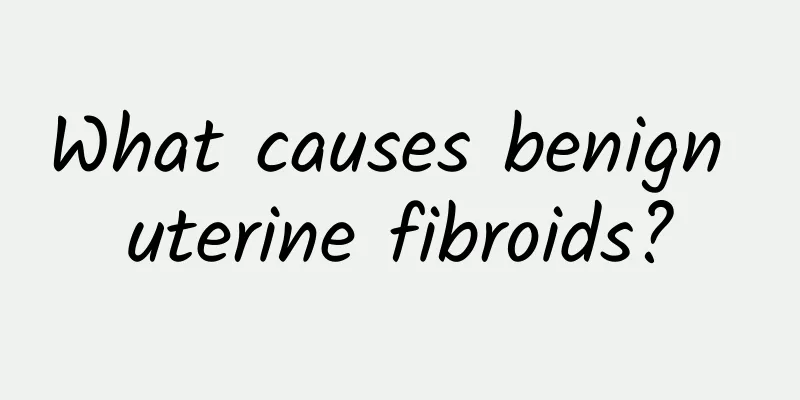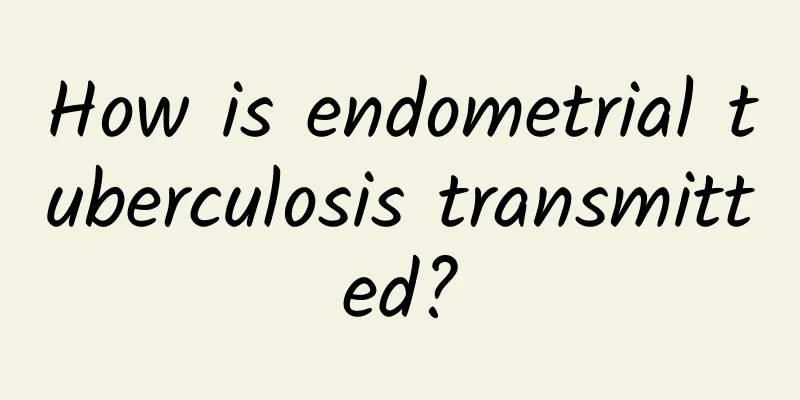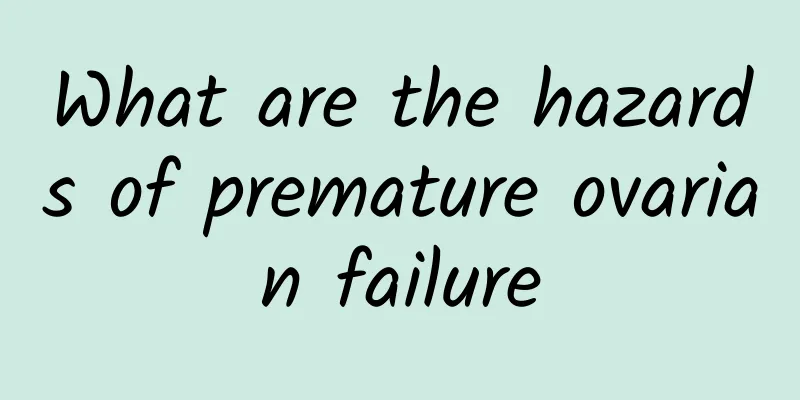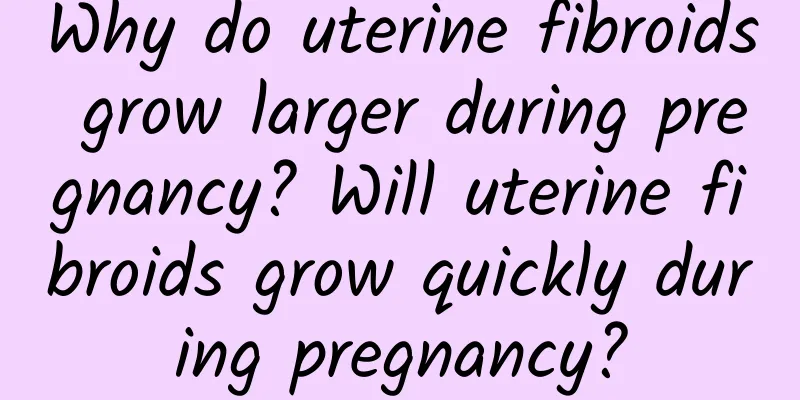Symptoms of multiple uterine fibroids What are the complications of multiple uterine fibroids
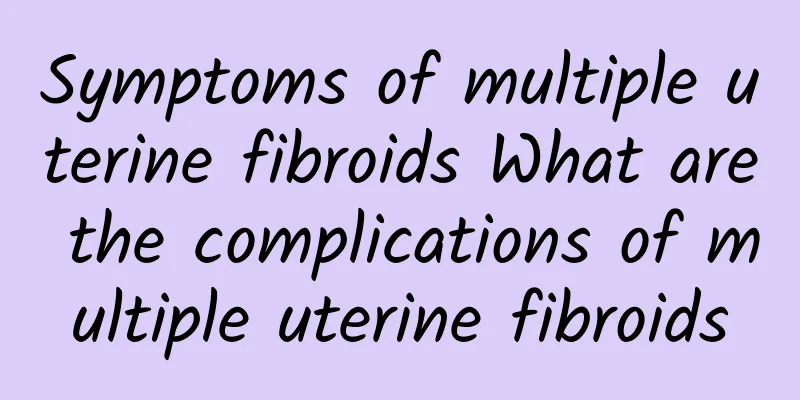
|
Multiple uterine fibroids are a very common gynecological disease. Female friends should carefully understand the symptoms of multiple uterine fibroids, especially actively prevent them in daily life, effectively reduce the incidence of uterine fibroids, and avoid the risk of disease. How to deal with multiple uterine fibroids? Uterine fibroids are common and frequently occurring gynecological diseases and are the most common benign tumors in women. They are located in three situations: the myometrium accounts for about 600~700; the serosa accounts for 200; and the mucosa accounts for 100. Uterine fibroids are benign and have a low rate of malignant changes, about 0.50. They are more common in the elderly. Multiple uterine fibroids are generally asymptomatic and are only found during physical examinations. The following symptoms may occur depending on the size and location: ① Compression symptoms. Larger posterior wall fibroids may compress the rectum and cause constipation, and larger broad ligament fibroids may compress the ureter. ② Pain. Torsion of subserosal pedunculated fibroids may suddenly cause pain, and submucosal fibroids may sometimes cause dysmenorrhea. ③ Infertility: Women may become infertile during their reproductive period, but the proportion is not very high. How to treat multiple uterine fibroids? ①Observation. Which fibroids can be observed? If the patient is near menopause and has no obvious symptoms, check every three or six months. B-ultrasound: Even if there is fibroids, but no symptoms, regular follow-up observation is required. ② Patients with irregular vaginal bleeding can also undergo diagnostic curettage and pathological examination in addition to menstruation. ③Drug treatment. If the menstrual volume is heavy, you can choose androgen drugs, which can counteract estrogen, shrink the endometrium, shrink the uterine smooth muscle and vascular smooth muscle, and reduce bleeding. Traditional Chinese medicine treatment can also reduce the menstrual volume, but it is not obvious for fibroids. So far, the cause of uterine fibroids is not very clear, and it may be related to long-term estrogen stimulation. Traditional Chinese medicine believes that the occurrence of this disease is mainly due to the invasion of wind, cold, dampness, and heat, or the seven senses, dietary injuries, organ dysfunction, qi blockage, congestion, phlegm, dampness, and other tangible evils, which are successively generated internally, the lower abdomen is stagnant, and the abdominal knot is not resolved, which gradually forms over time. |
<<: How to treat multiple uterine fibroids How to treat multiple uterine fibroids
>>: How are multiple uterine fibroids formed? What are the causes of multiple uterine fibroids?
Recommend
Teach you to understand the cause of cervicitis at the first time
What is the cause of cervicitis? Experts say that...
How to cure ovarian cysts
How to cure ovarian cysts? Ovarian cysts are the ...
Detailed introduction to the early symptoms of chronic pelvic inflammatory disease
If chronic pelvic inflammatory disease is serious...
What are the best ways to prevent menopause?
Postmenopausal women sometimes experience vaginal...
Eating too little to lose muscle is a good way to lose weight. It is better to reduce 500 calories per day.
The correct way to lose weight is "balanced ...
The clinical etiology of pelvic inflammatory disease is inseparable from postoperative infection
It is very important to firmly grasp the cause of...
Let's analyze the common causes of ovarian cysts
Ovarian cysts are a disease that is very harmful ...
What sequelae will abortion bring to female friends?
Many female friends will choose abortion when the...
Light exercise can also achieve strong metabolism and double the effectiveness of exercise!
As the weather gets warmer, many people start to ...
How to treat severe cervical erosion?
Cervical diseases must be treated in time. Only a...
How to diagnose vulvar leukoplakia from these aspects
How to diagnose vulvar leukoplakia from these asp...
What are the symptoms of mild cervical erosion? Check out the three major symptoms of mild cervical erosion
Because cervical erosion can cause infertility, w...
Eat non-stop in winter? Overcome false hunger with 3 secrets of appetite control from a female Chinese doctor!
Can’t control your appetite in winter and want to...
How to prevent uterine fibroids
Uterine fibroids can be prevented through a varie...
Adnexitis may lead to infertility
Adnexitis may lead to infertility, which is defin...

